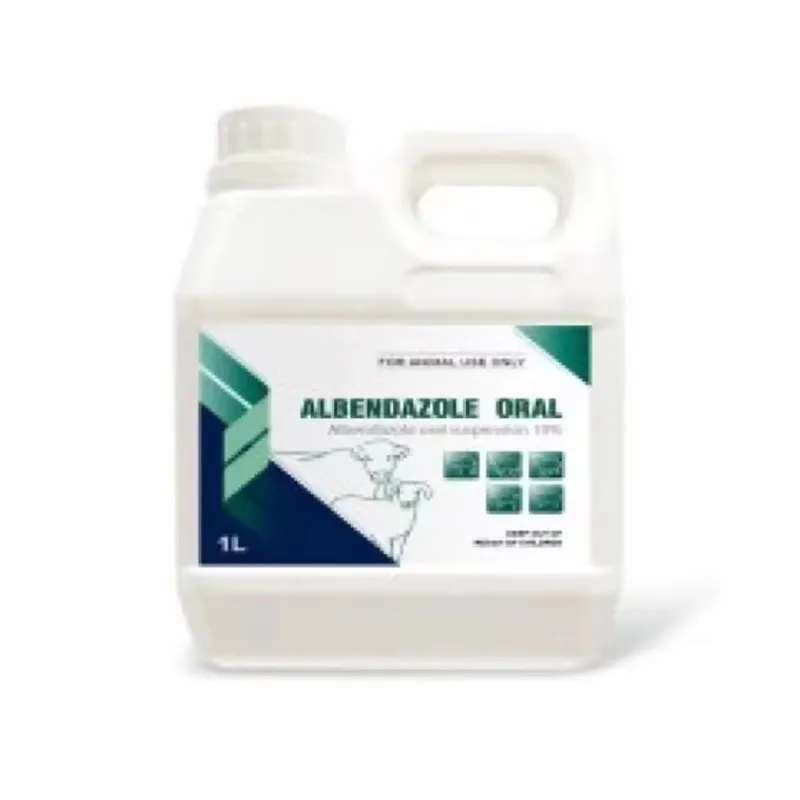- Afrikaans
- Albanian
- Amharic
- Arabic
- Armenian
- Azerbaijani
- Basque
- Belarusian
- Bengali
- Bosnian
- Bulgarian
- Catalan
- Cebuano
- Corsican
- Croatian
- Czech
- Danish
- Dutch
- English
- Esperanto
- Estonian
- Finnish
- French
- Frisian
- Galician
- Georgian
- German
- Greek
- Gujarati
- Haitian Creole
- hausa
- hawaiian
- Hebrew
- Hindi
- Miao
- Hungarian
- Icelandic
- igbo
- Indonesian
- irish
- Italian
- Japanese
- Javanese
- Kannada
- kazakh
- Khmer
- Rwandese
- Korean
- Kurdish
- Kyrgyz
- Lao
- Latin
- Latvian
- Lithuanian
- Luxembourgish
- Macedonian
- Malgashi
- Malay
- Malayalam
- Maltese
- Maori
- Marathi
- Mongolian
- Myanmar
- Nepali
- Norwegian
- Norwegian
- Occitan
- Pashto
- Persian
- Polish
- Portuguese
- Punjabi
- Romanian
- Russian
- Samoan
- Scottish Gaelic
- Serbian
- Sesotho
- Shona
- Sindhi
- Sinhala
- Slovak
- Slovenian
- Somali
- Spanish
- Sundanese
- Swahili
- Swedish
- Tagalog
- Tajik
- Tamil
- Tatar
- Telugu
- Thai
- Turkish
- Turkmen
- Ukrainian
- Urdu
- Uighur
- Uzbek
- Vietnamese
- Welsh
- Bantu
- Yiddish
- Yoruba
- Zulu
Dec . 25, 2024 09:08 Back to list
Soluble Powder Formulation of Neomycin Sulfate for Medicinal Use
Neomycin Sulfate Soluble Powder An Overview
Neomycin sulfate is an antibiotic that belongs to the aminoglycoside class of antibiotics. Originally derived from the bacterium *Streptomyces fradiae*, neomycin exhibits potent antimicrobial properties, particularly against gram-negative bacteria. It is commonly available in a soluble powder form, which enables easy preparation and administration for various medical and veterinary applications.
One of the standout features of neomycin sulfate is its effectiveness against a wide range of pathogens. It works primarily by inhibiting bacterial protein synthesis, which is crucial for the growth and reproduction of bacteria. This ability makes neomycin sulfate a valuable tool in combating infections caused by susceptible organisms. While it is effective against many strains of bacteria, it is important to note that neomycin is not effective against all pathogens, especially those that are resistant.
Neomycin Sulfate Soluble Powder An Overview
In clinical settings, neomycin sulfate may be administered in various forms, including oral, topical, and parenteral routes. The soluble powder form is particularly useful for oral administration, where it can be reconstituted in a suitable liquid. Dosage and administration vary depending on the patient's age, the type of infection, and the severity of the condition being treated. It's crucial to adhere to prescribed dosages; excessive use of neomycin can lead to toxicity, particularly affecting the kidneys and auditory system.
neomycin sulfate soluble powder

One significant consideration when discussing neomycin sulfate is its potential side effects. Common side effects may include gastrointestinal disturbances, such as nausea, vomiting, and diarrhea. More severe reactions can occur, particularly with prolonged use or high doses, leading to nephrotoxicity (kidney damage) and ototoxicity (hearing loss). Therefore, monitoring renal function in patients receiving neomycin is widely recommended, especially in those with pre-existing kidney conditions or those who are elderly.
Antibiotic resistance is a growing concern in medicine, and neomycin is not exempt from this issue. Overuse and misuse of antibiotics, including neomycin, contribute to the development of resistant bacterial strains, making it imperative to use this medication judiciously. Healthcare providers typically perform susceptibility testing to ensure that neomycin is the appropriate choice for treating an infection and to minimize the risk of resistance.
In agricultural settings, neomycin sulfate is often used as a feed additive to prevent and treat bacterial infections in livestock. This use highlights the importance of neomycin in maintaining animal health, which, in turn, has implications for food safety and public health. However, similar concerns about resistance also apply in agriculture, making responsible use critical.
In conclusion, neomycin sulfate soluble powder is a versatile and effective antibiotic with various applications in both human and veterinary medicine. Its ability to combat bacterial infections plays a vital role in treatment regimens, but like all antibiotics, it must be used judiciously to avoid potential side effects and the emergence of resistant bacteria. Patients and veterinarians alike should be aware of dosage recommendations and the need for monitoring during treatment to maximize therapeutic efficacy while minimizing risks. As research continues, understanding the dynamics of neomycin sulfate usage and its implications will be essential for optimizing its role in health care.
-
Guide to Oxytetracycline Injection
NewsMar.27,2025
-
Guide to Colistin Sulphate
NewsMar.27,2025
-
Gentamicin Sulfate: Uses, Price, And Key Information
NewsMar.27,2025
-
Enrofloxacin Injection: Uses, Price, And Supplier Information
NewsMar.27,2025
-
Dexamethasone Sodium Phosphate Injection: Uses, Price, And Key Information
NewsMar.27,2025
-
Albendazole Tablet: Uses, Dosage, Cost, And Key Information
NewsMar.27,2025













